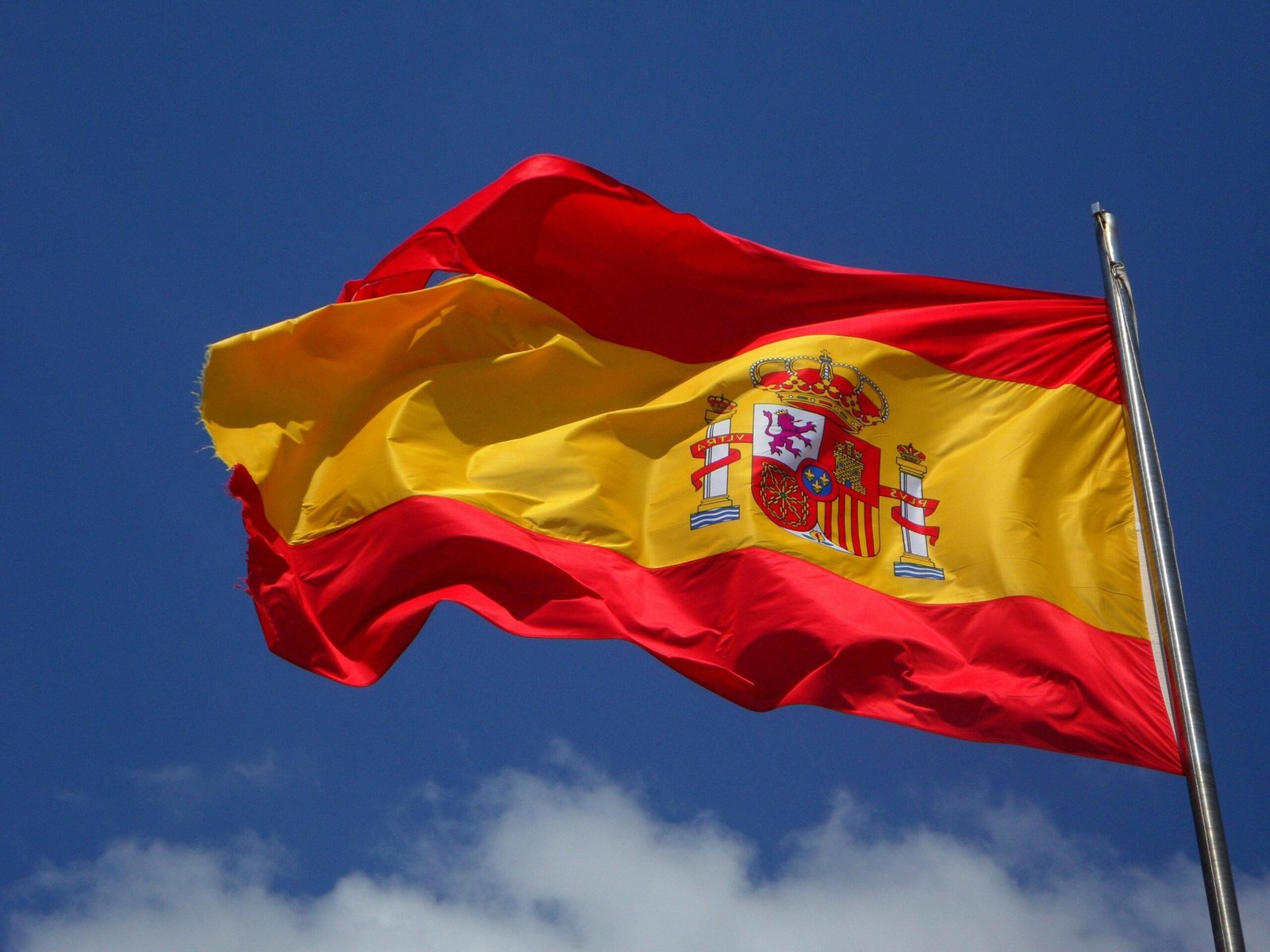The end of Airbnb licenses in Spain is no longer just a political idea — it is now a reality. In September 2025, the Spanish government revoked over 53,000 short-term rental listings from Airbnb, Booking, and similar platforms due to non-compliance with a new legal framework. In Málaga alone, more than 3,000 licenses were cancelled. Authorities have confirmed that no new licenses will be issued for at least the next three years in several regions.
What does the end of Airbnb licenses in Spain mean?
The consequences for second-home owners are immediate and serious:
- You can no longer legally rent out your property on platforms like Airbnb or Booking.
- You lose a reliable stream of short-term rental income.
- You must still pay mortgages, taxes, and maintenance costs with no return.
For many property owners, this legal shift turns a once-profitable investment into a financial liability — forcing them to consider rushed sales or convert to long-term rentals, which often yield lower returns and carry higher tenant risks.
A strategic move to reclaim housing for local residents
The official goal behind these restrictions is to free up housing stock for long-term rental, especially for young professionals and families. Spain’s urban policy is now clearly prioritizing primary residence needs over tourism-led real estate investment.
However, for private owners who invested under previous regulations, this new reality creates substantial economic pressure and a strong incentive to exit the market under duress.
What can you do if you can no longer rent your property on Airbnb?
With the end of Airbnb licenses in Spain, owners face three difficult choices:
- Sell quickly, even if market conditions are unfavorable
- Switch to long-term rentals, usually at lower profitability
- Leave the property unused, incurring ongoing costs without income
None of these options protect your capital or offer financial sustainability. But there is an alternative.
Mundo Offshore: strategic asset protection for property investors
At Mundo Offshore, we help second-home owners and real estate investors reallocate and protect their assets when local legal frameworks change. The Spanish shift is just one of many signs that global property investors must be agile and internationally diversified.
We offer tailored solutions to:
- Reinvest your capital into more profitable international structures
- Legally reduce tax exposure through authorized offshore entities
- Transform a non-performing property into a productive financial asset
- Diversify your real estate portfolio into more stable and predictable jurisdictions
Specific services we provide
- Impact assessment of the license revocation on your portfolio
- Legal alternatives to distressed sales
- Tax-optimized restructuring of your real estate investments
- Implementation of international asset protection strategies
Conclusion
The end of Airbnb licenses in Spain marks a turning point for property investors. What was once a highly profitable passive income model is now facing strict regulation and heavy enforcement. If your property has lost its rental license or risks being devalued, it’s time to act strategically.
Don’t let regulatory pressure erode your investment. Contact Mundo Offshore today to explore legal and secure ways to protect your capital and plan your next move.






